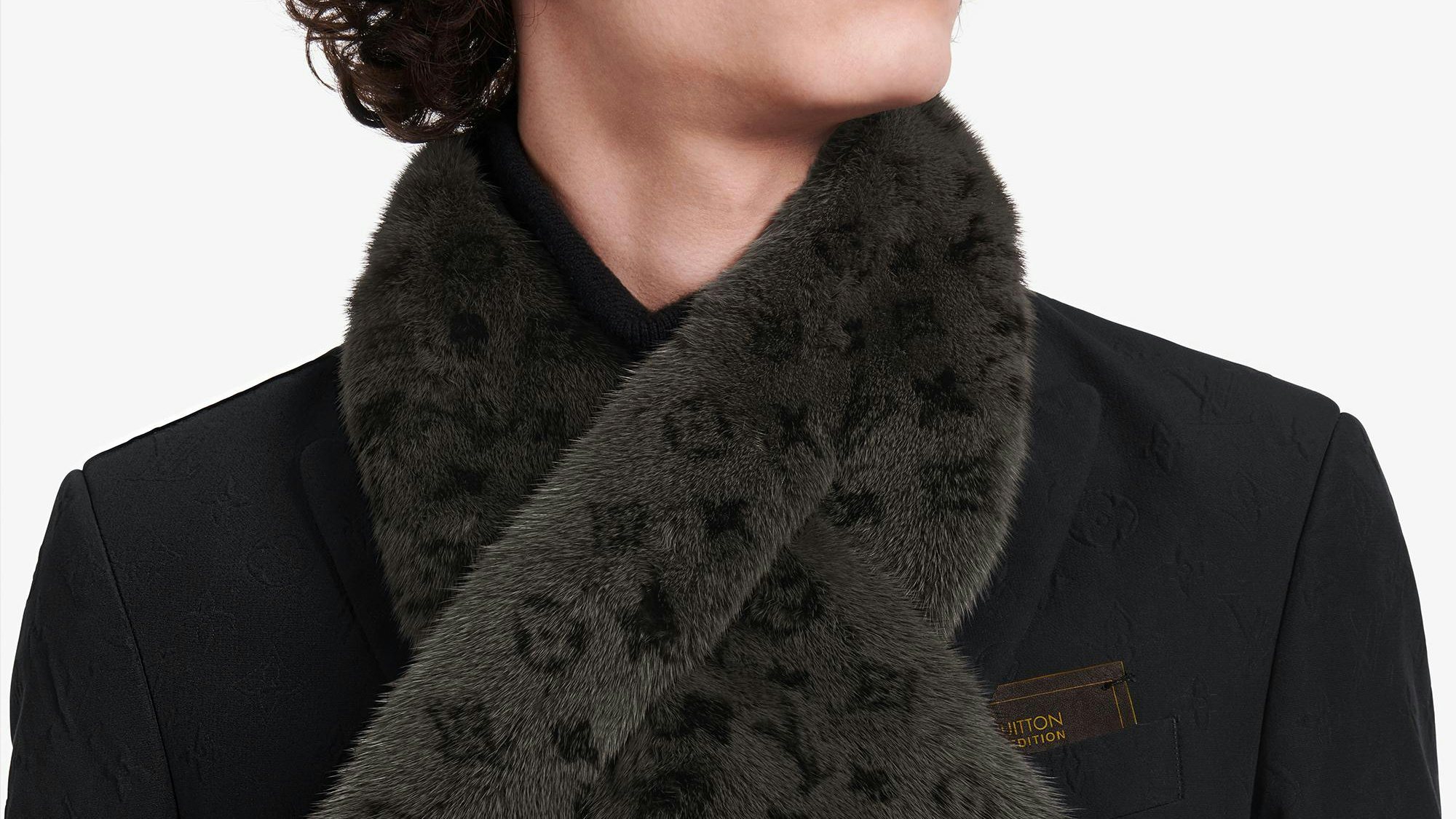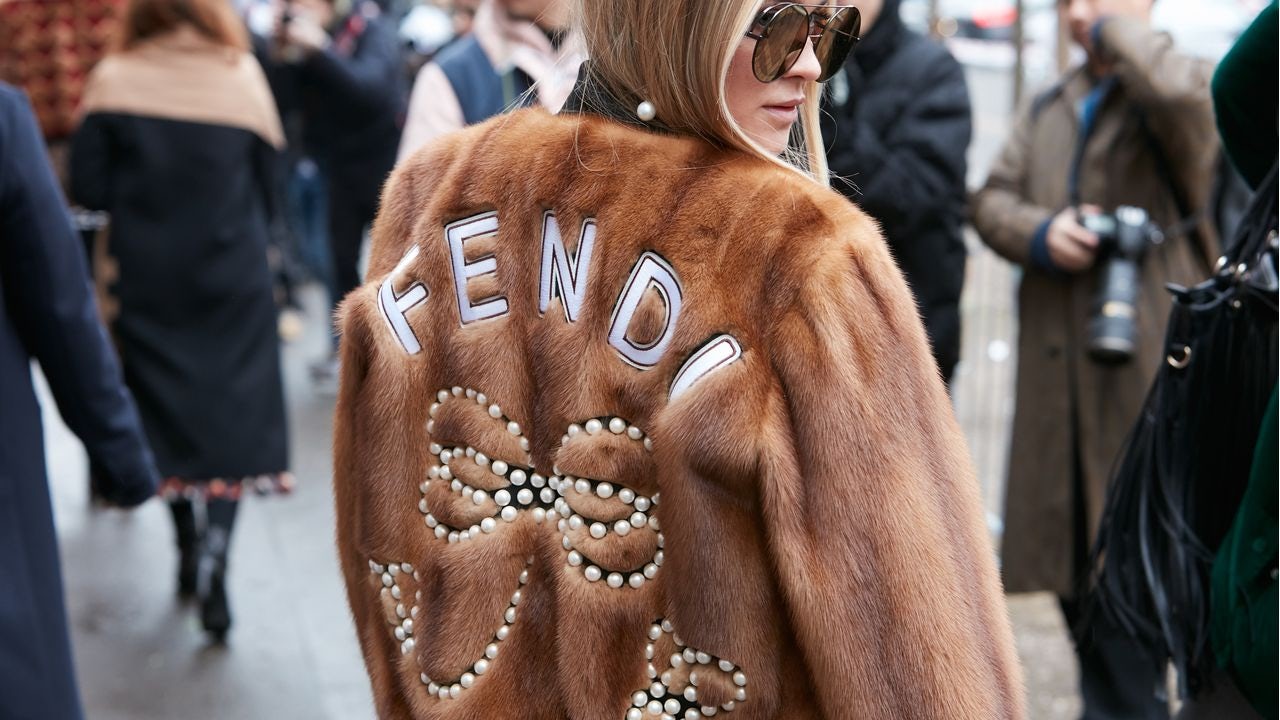What happened
Mytheresa is the latest luxury retailer pledging to go fur-free, starting in the spring/summer of 2022. The German retailer will begin the process of phasing out its surplus inventory by the end of 2022. Fashion Unitedreports that Mytheresa’s ban covers both exotic fur and fur from factories and farms that breed and kill undomesticated animals for fashion. The ban does not affect leather, shearling, sheepskin, or cattle fur.
“At Mytheresa, we believe that sustainability is an important part of our future strategy, and this view is clearly shared by our customers, partners, and employees,” said Michael Kliger, chief executive of Mytheresa, in a statement. “As we already stopped buying exotic skins in spring/summer 2021, it was clear that going fur-free is the natural next step for Mytheresa.”
The German retailer has formed an international partnership with the Humane Society of the United States and developed an anti-cruelty policy that follows the guidelines of the Fur Free Retailer program.
The Jing Take
The commitment to fur-free fashion is in line with the demands from younger, environmentally responsible Western consumers.
Millennials and Gen Zers are committed to fostering a “green” culture, as these generations have witnessed first-hand the consequences of habitat loss, climate change, and the mass extinctions of wildlife. As a result, they worry about animal welfare and conservation.
Considering that these progressive consumers have demanded a fur-free future, luxury and premium labels must adapt to this new reality. Over the past few years, various luxury labels have gone fur-free, including notable names like Versace and Gucci.
“It’s like when you have to stop smoking,” Alessandro Michele told WWD. “You love it, but it’s not good. So, in the end, you just have to take your box of cigarettes and throw it in the bin, and that’s it. Because after, you feel much better.”
By contrast, Louis Vuitton remains unhinged in its support of fur and exotic skins, despite PETA’s pushback against the brand’s claims that the company uses humanely sourced materials.
Louis Vuitton’s response might appear appropriate for the Chinese market. According to a survey of 400 high-income Chinese residents by Vogue Business and the market research group Dynata, fur demand remains resilient despite a slight transformation in consumer behavior.
The survey shows that about two-thirds of respondents believe fur is an appropriate material for clothing use. Only 24 percent of respondents disagreed.
Even though the global fur industry is in collapse, China remains a bright spot for it. Therefore, not all luxury brands will be ready to make this change. Some will ignore environmental and social considerations and continue to chase extravagant Chinese consumers.
The Jing Take reports on a piece of the leading news and presents our editorial team’s analysis of the key implications for the luxury industry. In the recurring column, we analyze everything from product drops and mergers to heated debate sprouting on Chinese social media.

